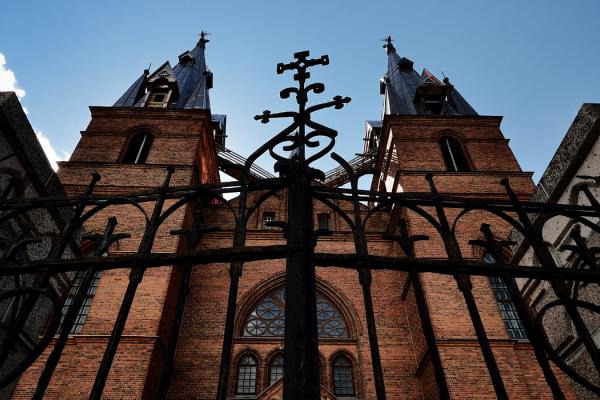Oct 5, 2016
A common misconception is that to be a pro-life Catholic, one simply has to be anti-abortion and anti-contraception. For years this “pro-life” definition has largely been unchallenged. That is, until recently.
A poll conducted in 2014 by the Public Religion Research Institute found a majority U.S. Catholics favor greater government involvement on economic issues via minimum wage increases, infrastructure investments, and universal healthcare. Furthermore, U.S. Catholics believe that to promote economic growth, the government should raise taxes. These aren’t just pro-growth policies, they’re pro-life policies.
Read the Full Article

Already a subscriber? Login
